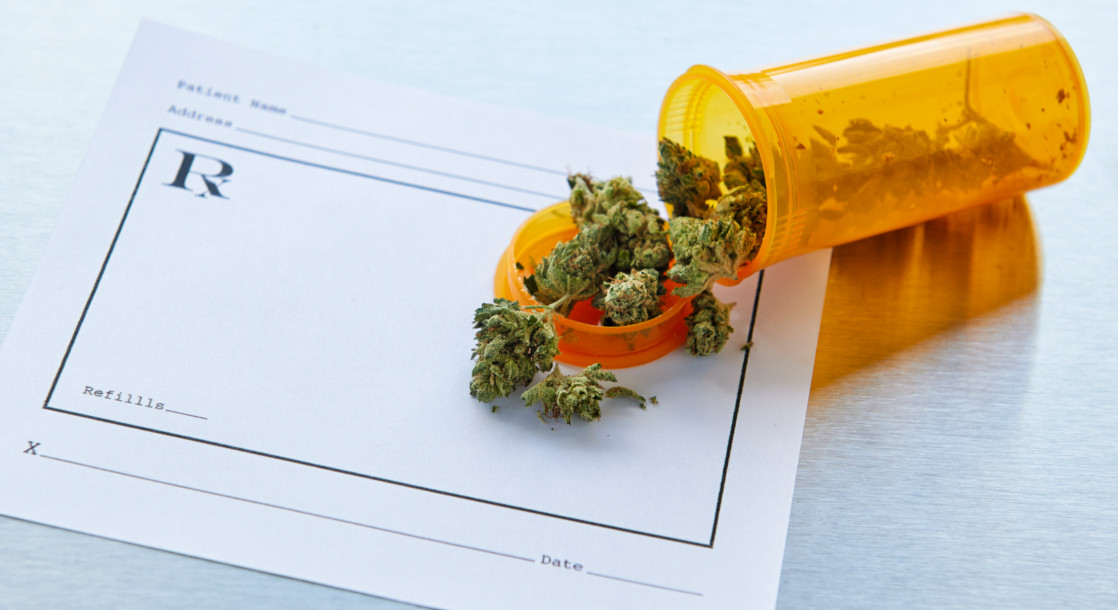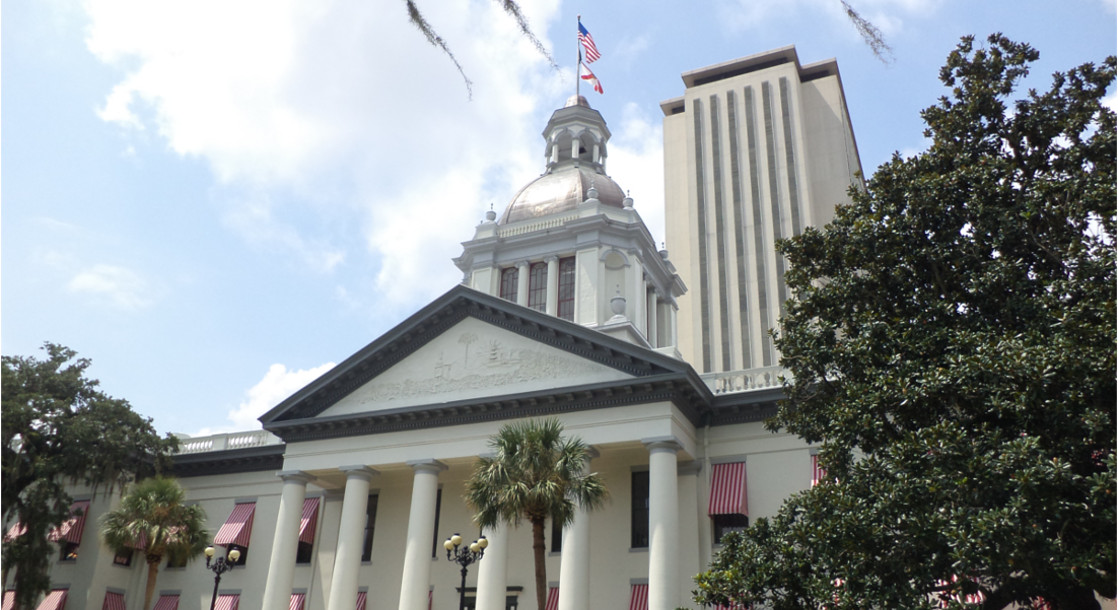On July 1st, California entered a new phase in its transition from a largely unregulated cannabis retail market to a tightly-controlled system more in line with other states that have legal adult-use marijuana. The shift hasn’t been entirely smooth, however, and strict new rules on product safety testing are causing delays in the supply chain, convincing some customers to buy their weed on the black market.
The state's original medical cannabis law imposed few restrictions on cannabis cultivators or processors, and made it easy for anyone to buy pot regardless of actual medical necessity. When the recreational adult use market legalized by Proposition 64 came into full effect this January, it came with a raft of new guidelines, regulations, and restrictions that before now were foreign to the state's cannabis industry.
Anticipating the difficulty of becoming compliant with these new regulations, the state granted canna-businesses a six-month grace period to sell off products that did not meet these new requirements. Those days are over, though, and all cannabis products legally available for sale must now comply with packaging and testing guidelines, and manufacturers of edibles, topicals, and tinctures must also adhere to THC limits under the new law.
“Prior to these regulations, you could mix whatever you want in whatever you want, label it and sell it. So, it’s kind of a mixed bag of what you get,” Robert Brodnick, chief scientific officer at cannabis testing company Pharm Labs, said to NBC San Diego. “Testing is really, really important. It’s one of the most important issues in cannabis, and it’s one we need tight control over to eliminate some of that stigma.” Brodnick said that his firm has about five times the workload that they did prior to the implementation of the new regulations, and have hired additional staff to compensate.
The safety testing regulations are one of the biggest hurdles that legal Cali canna-businesses must face. Every cannabis product available for sale at over 400 licensed retailers in the state must be tested for pesticides, potency, and pathogens, but there are currently only 31 testing facilities licensed to do so. As expected, this is creating a serious backlog, and retailers are struggling to keep their shelves stocked.
Within the first three weeks of testing, Golden State testing labs rejected 20% of all pot samples they tested. Around 19% of these rejections were due to pesticide contamination, while another 68% were rejected over incorrect claims regarding THC and CBD concentrations. These new testing guidelines prompted the industry's first legal product recall, as Bloom Brand was forced to remove four types of vape cartridges and disposable pens due to contamination with the fungicide Myclobutanil.
Wayne Scherer, owner of a cannabis collective in San Ysidro, told NBC San Diego that the testing backlog is making it hard for his business to offering their most popular brands. “That first week, it was very difficult to keep our shelves stocked,” he said. “There was a day where we had very few options for flowers.” Scherer noted that the situation had improved somewhat over the past month, but “it's not back up to par yet, and some of the major brands people are accustomed to buying still aren’t available yet.”
Scherer also noted that customers' anger over unavailable products was largely directed at the retailers themselves, and not the state. “Consumers, in general, they don’t really understand what’s going on,” he said. “We can explain it to them as best as possible, but really they end up blaming the retailers for the situation, so we bear the brunt of it when a consumer can’t find a product that they’re depending on.”
“The lack of testing facility licenses that have been given out combined with the backlog at the few existing ones are keeping good products off the shelves in California,” Jeffrey Zucker of Denver-based cannabis development firm Green Lion Partners said to NBC San Diego. “Should this backlog continue, there’s the potential to push sales back to the illegal market, something to which California’s exorbitantly high taxes are also contributing.”
Illegal marijuana is a serious concern for California, where over 10 million pounds of weed are illegally grown and diverted to the black market every year. Federal law enforcement has already taken steps to intervene in the state’s black market, and Zucker believes that the state needs to license more testing facilities and speed up the overall process in order to further curtail illegal sales.











